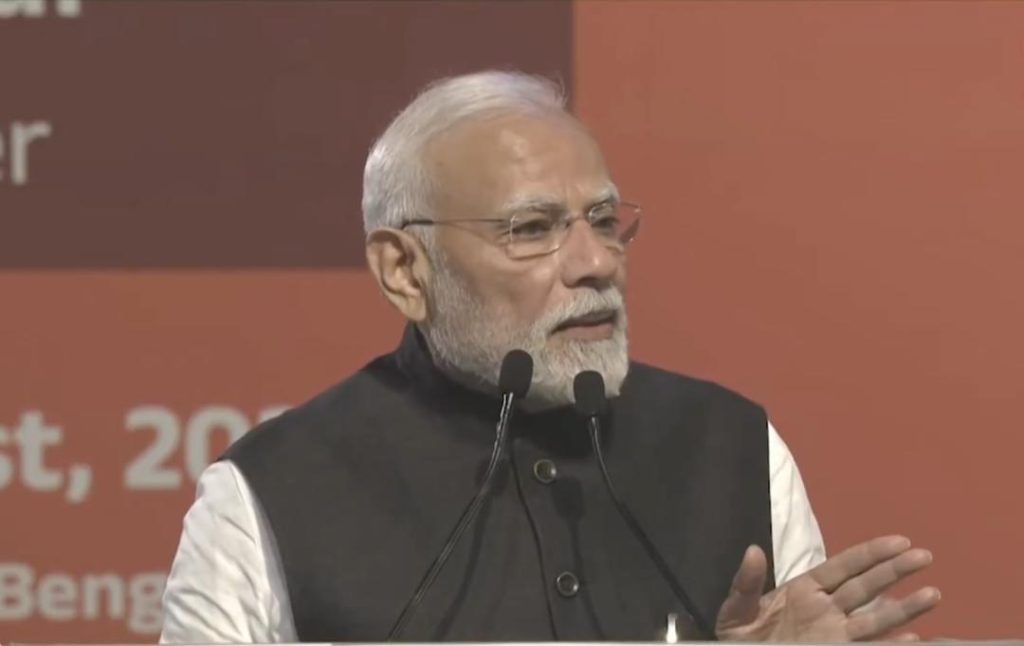
Bengaluru’s Yellow, Orange Metro lines to help 25 lakh people daily: PM
On Sunday, Prime Minister Narendra Modi inaugurated Bengaluru Metro’s Yellow Line, marking a significant milestone in the city’s public transportation system. The new line is expected to connect many important areas, making it easier for people to commute within the city. Moreover, the foundation stone for the Orange Line was also laid, which will further enhance the metro network and benefit a large number of commuters.
According to the Prime Minister, the Orange Line will enable 25 lakh people to commute daily, making it a game-changer for the city. The new line will cover a distance of over 20 km, connecting key areas such as Mysuru Road, Nagawara, and Peenya. This will not only reduce traffic congestion but also provide a reliable and efficient mode of transportation for the city’s residents.
The Prime Minister also acknowledged the contribution of companies such as Infosys, Biocon, and Delta Electronics, which have partnered with the government to fund the project through their Corporate Social Responsibility (CSR) initiatives. He praised their CSR model, saying it was inspirational and set a great example for others to follow.
The Bengaluru Metro’s Yellow Line is a significant addition to the city’s public transportation system, which currently has a ridership of over 50 lakh people daily. The new line will cover a distance of over 12 km, connecting key areas such as R.V. Road, Yeshwantpur, and Pattabhirama Nagar. The line will have 17 stations, including 9 underground stations, and is expected to reduce travel time significantly.
The Orange Line, which is under construction, is expected to be completed by 2025. The line will have 20 stations, including 10 underground stations, and will cover a distance of over 20 km. The line will connect key areas such as Mysuru Road, Nagawara, and Peenya, making it an essential link for the city’s residents.
The Bengaluru Metro project is a significant infrastructure development project in the city, which aims to provide a modern and efficient public transportation system. The project has been implemented in phases, with the first phase covering a distance of over 42 km. The second phase, which includes the Yellow and Orange lines, is currently under construction and is expected to be completed by 2025.
The Bengaluru Metro project has been implemented with the help of the Indian Railways and the government of Karnataka. The project has received funding from both the central and state governments, as well as from private companies through their CSR initiatives. The project has also created employment opportunities for thousands of people, both during the construction phase and after the completion of the project.
The Bengaluru Metro project is not only expected to benefit the city’s residents but also contribute to the city’s economic growth. The project has been designed to reduce traffic congestion, which is a major problem in the city. The project is also expected to reduce air pollution, as more people will be using public transportation instead of private vehicles.
In conclusion, the inauguration of Bengaluru Metro’s Yellow Line and the laying of the foundation stone for the Orange Line are significant milestones in the city’s public transportation system. The new lines will connect many important areas, making it easier for people to commute within the city. The project has received funding from private companies through their CSR initiatives, which is a significant step towards corporate social responsibility. The project is expected to benefit a large number of commuters and contribute to the city’s economic growth.






